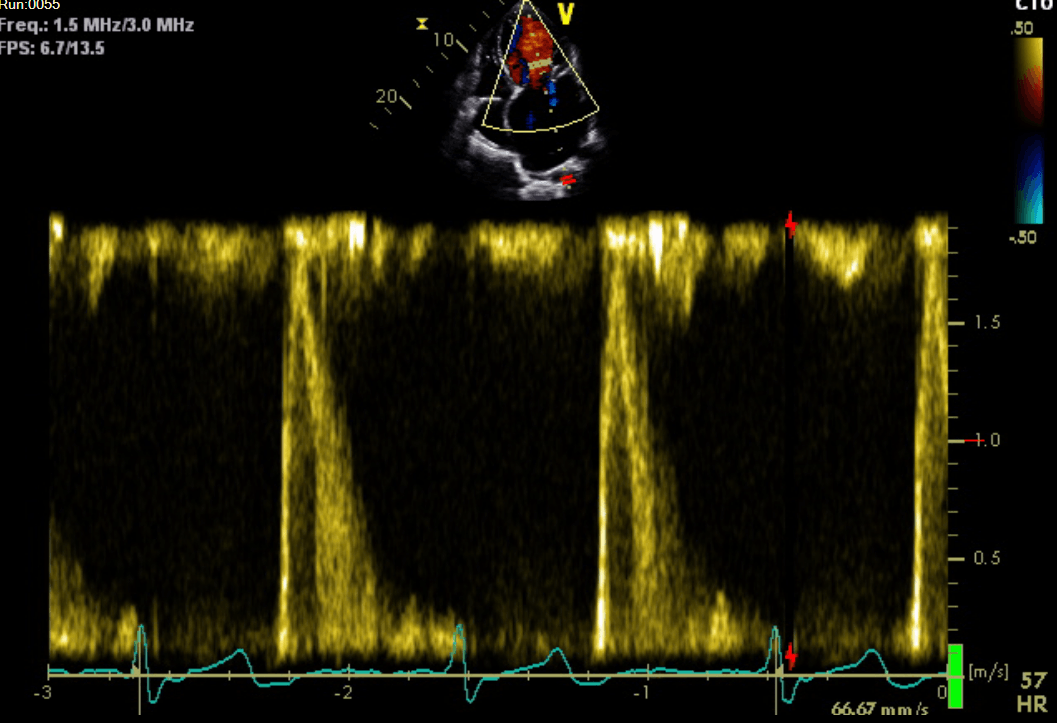Stress Echocardiogram
A stress echocardiogram is an normal echocardiogram which is done while given you a specific drug called Dobutamine. Dobutamine will make your heart speed up which will resemble how your heart functions during exercise.
Your consultant may ask for this test to determine if there is enough blood supply to the muscle of the heart or to evaluate your heart valve in more details.
What happens during the procedure?
On the day of your procedure, your consultant will explain the procedure to you and gain your consent. You will then be asked to remove any clothing covering the upper half before lying down on a bed. A small plastic tubing (cannula) is inserted in to your vein so the nursing team can give you the relevant medication.
The physiologist will then place several small sticky sensors, known as electrodes, on the surface of your skin. These are used to monitor your heart rate and rhythm during the study.
A lubricating gel will then be applied on to your chest using a small probe. The physiologist will ask you to turn to your left hand side and may ask you to move on to your back again.
You will not hear you heart beat on the machine, however you may hear a swishing sound during the scan. This is normal and represents blood flow through your heart.
This is step one of the procedure and is looking at your heart at rest.
Once the resting echocardiogram is done, you will be given the medication which speeds up your heart, simulating exercise.
Your consultant will then do the echocardiogram again to assess your heart during peak exercise.
Results:
Your consultant will be able to interpret the results and advise you if further information is needed.








